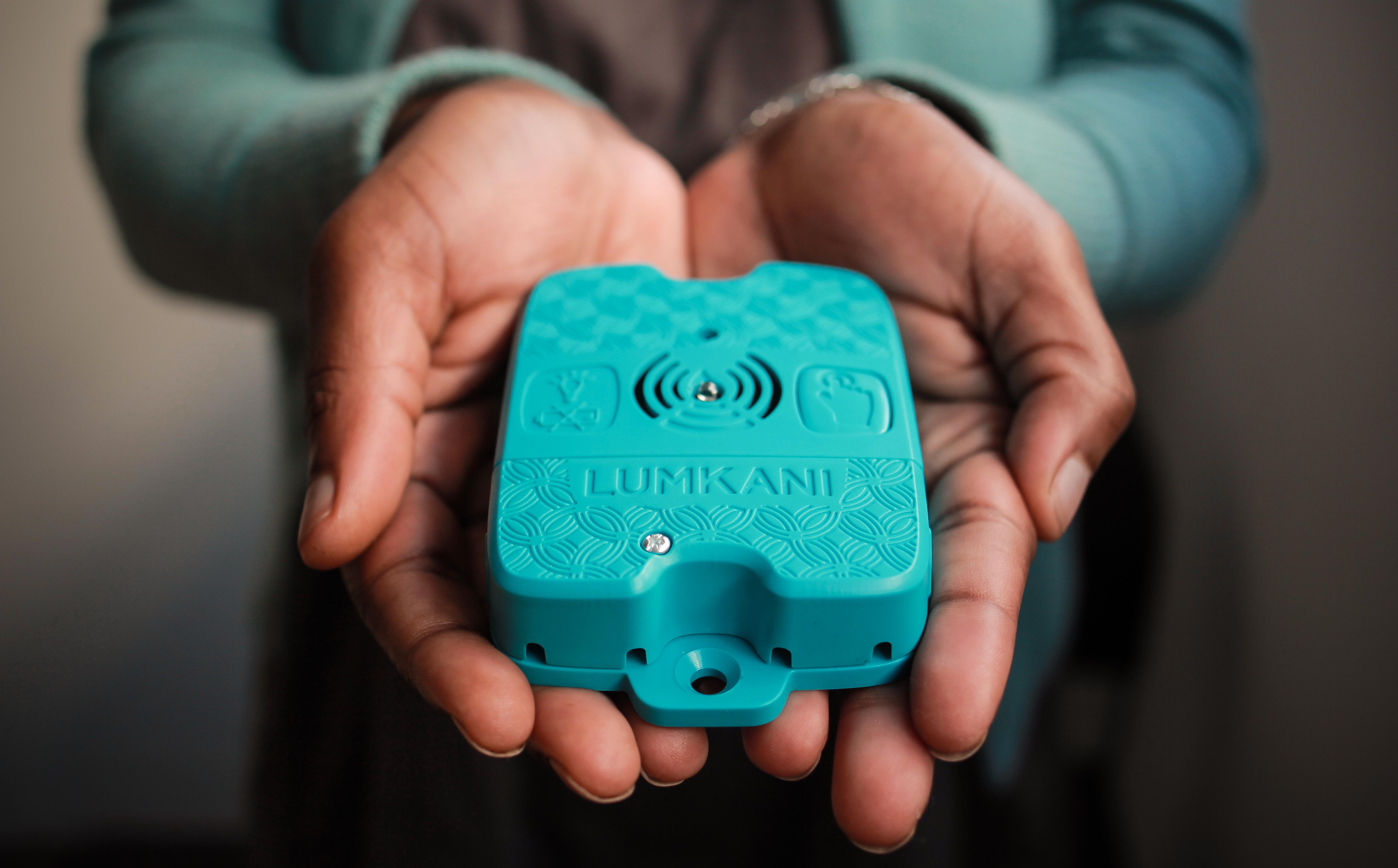Google Impact Challenge: innovation could protect millions
Tuesday, October 4, 2016

World Vision Australia is a finalist in the 2016 Google Impact Challenge, with an innovation in fire detection technology that could protect millions of people living in the world’s slums.
If World Vision wins the challenge, it will bring to Asia the world’s first networked heat detectors specifically designed for responding to slum fires. The technology will be delivered in partnership with the developers Lumkani, an Australian fire service and RMIT University.
The public has until 25 October to vote for its favourite innovation from a list of 10 finalists, with the winner receiving a $750,000 grant. Vote Now.
The innovative fire detector has the potential to transform the safety of slums worldwide, where more than 800 million people currently live.
The key innovation is that the detector responds to rapid temperature rise, rather than smoke, allowing it to work in homes where open flames are used for cooking, heating and lighting. The detectors are also networked to each other using radio frequency.
“When a fire is detected, an alarm will sound in all homes within a 60 metre radius. Text messages are sent around the community and fire services are automatically called. All of this allows for a rapid community response that saves lives and properties,” said Tim Tempany, Business Development Adviser at World Vision Australia.
“Slums are often like a tinderbox. There are densely packed buildings made of highly flammable materials, containing dangerous electrical connections and an ever present open flame for cooking, heating and lighting. As a result, slum fires begin and spread quickly, and can destroy thousands of lives, homes, and livelihoods within minutes.” Mr Tempany said.
World Vision has piloted the Lumkani system in South Africa, reaching 1,000 homes and potentially saving hundreds of lives and properties from devastating fires.
If World Vision wins the Google Impact Challenge, it will bring this innovative system to the slums of Asia, beginning in Dhaka, Bangladesh, which is home to 3.6 million people living in high density urban slums. Australian fire fighters will train community and municipality fire response teams to respond to slum fires.
Future versions of the device will have the capability to alert communities of other emergencies such as storms, tsunamis and floods.
“We call on everyone to get behind this project by simply voting and helping us to receive $750,000 that will bring this life-saving early warning, fire detection system to slums in Asia,” Mr Tempany said.
The RMIT Centre for Risk and Community Safety will conduct an independent evaluation into the project’s impact on community fire preparedness.
Ends
For media enquiries call 03 9287 2580.
Media Releases,
Transforming lives,
Poverty,
Asia and the Pacific,
Bangladesh,
Google
Back to all Results